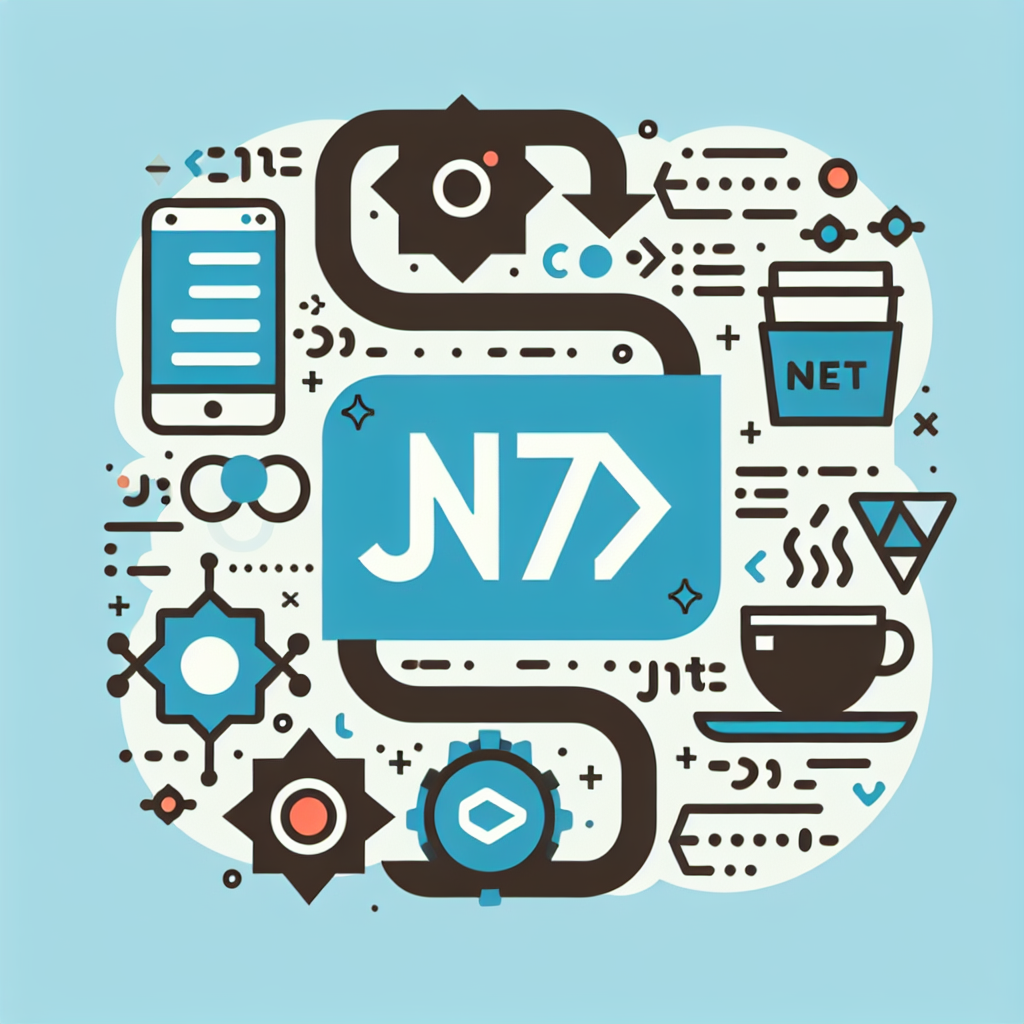Convert Visual Basic .NET to Java Effortlessly Online
Effortlessly convert Visual Basic .NET to Java with our intuitive tool. Enhance code compatibility and streamline your development process today!
Source Code
Converted Code
Output will appear here...
Transform your Visual Basic .NET applications into Java seamlessly with our advanced conversion tool. Perfect for developers looking to enhance cross-platform compatibility and streamline application migration, this tool ensures high-fidelity code translation while preserving functionality and performance. Unlock new opportunities in software development with improved scalability and integration capabilities.

Visual Basic .NET to Java Conversion Tool Link to this section #
Effortlessly transition your projects with our Visual Basic .NET to Java conversion tool. Designed for developers seeking seamless integration between these two powerful programming languages, this tool ensures code integrity and functionality across platforms.
Key Features Link to this section #
- Automated Code Translation: Converts Visual Basic .NET syntax into Java, maintaining logic flow and structure.
- Syntax Mapping: Translates common VB.NET constructs, such as loops and conditionals, into their Java equivalents.
- Library Integration: Suggests Java libraries that can replace VB.NET libraries to enhance compatibility.
- Error Handling: Identifies potential issues and suggests corrections for smoother execution in Java.
How It Works Link to this section #
- Input Your Code: Paste your Visual Basic .NET code into the tool.
- Configure Settings: Choose conversion preferences, such as specific libraries or frameworks.
- Convert: Click the convert button to transform your code.
- Review Output: Examine the Java code, making note of any flagged issues.
- Download: Export your new Java code for further development.
Code Snippets Link to this section #
Visual Basic .NET Link to this section #
Public Class Example
Public Sub New()
Console.WriteLine("Hello, VB.NET!")
End Sub
End Class
Java Equivalent Link to this section #
public class Example {
public Example() {
System.out.println("Hello, Java!");
}
}
Advantages Link to this section #
- Cross-Platform Development: Transitioning to Java opens opportunities for multi-platform applications.
- Community Support: Leverage a vast array of Java libraries and frameworks.
- Performance Optimization: Java's robust performance optimizations enhance application speed and efficiency.
Further Resources Link to this section #
Optimize your coding projects by bridging the gap between Visual Basic .NET and Java with our intuitive tool. Embrace the power of cross-language development today.
Frequently Asked Questions
What are the main differences between Visual Basic .NET and Java?
Visual Basic .NET is a programming language developed by Microsoft that runs on the .NET framework, often used for Windows applications. It is known for its ease of use with a strong integration with Microsoft products. Java, on the other hand, is a platform-independent language developed by Sun Microsystems (now owned by Oracle), known for its portability across different operating systems and widely used for web-based applications. Java is object-oriented, whereas VB.NET, while also supporting object-oriented programming, has a simpler syntax aimed at rapid application development.
How can I convert a Visual Basic .NET application to Java?
Converting a Visual Basic .NET application to Java involves several steps. You need to manually rewrite the code since there is no direct automated tool that perfectly translates VB.NET to Java due to differences in language syntax, libraries, and frameworks. Start by understanding the functionality of your VB.NET application, then recreate that functionality in Java using Java's libraries and frameworks. Consider using tools like IKVM.NET for translating .NET libraries to Java or JNI for Java interoperability with native libraries if needed.
What are the challenges in migrating from Visual Basic .NET to Java?
Migrating from Visual Basic .NET to Java presents several challenges, including differences in language syntax and paradigms, as VB.NET is typically easier for beginners while Java requires a deeper understanding of object-oriented programming. Additionally, you may face issues with library compatibility and the need to replace .NET-specific features with Java equivalents. Performance differences and maintaining the same application behavior across platforms can also be challenging, requiring thorough testing and debugging.